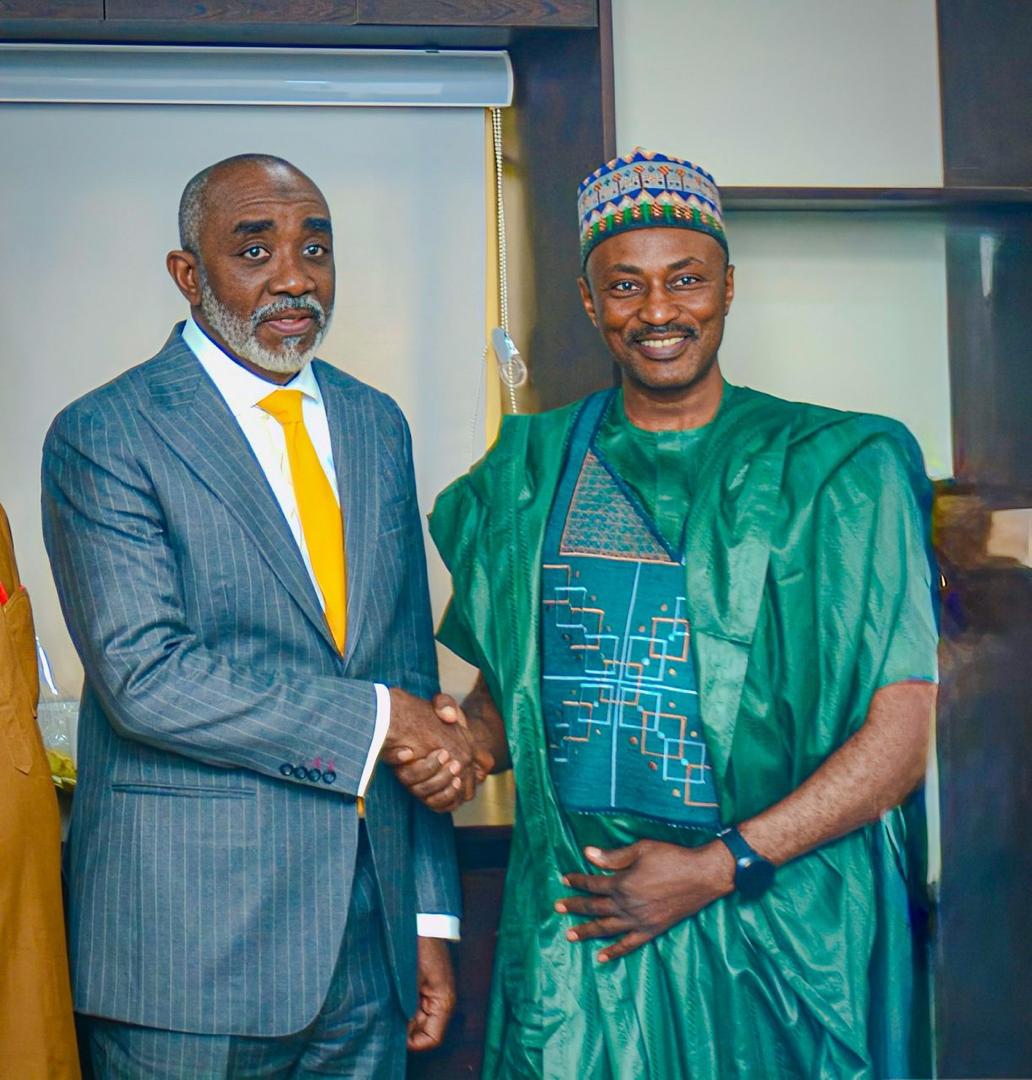Business
NSDC Boss Urges Farmers, Investors to Boost Local Sugar Production

By Angel Ike
The Executive Secretary of the National Sugar Development Council (NSDC), Kamar Bakrin, has called on members of the All Farmers Association of Nigeria (AFAN) and other investors to step up investments in local sugar production.
According to Bakrin, such moves are key to transforming Nigeria’s sugar economy and reducing dependence on imports.
Bakrin highlighted that the Nigerian sugar market is currently valued at over $2billion, with the African market worth $7billion, warning that the continent’s sugar deficit could reach 13million tonnes by 2030 due to rising demand and supply gaps, while the market for sugar by-products stands at $10billion.
Speaking during a courtesy visit by AFAN members to his office in Abuja, Bakrin stressed the urgent need for stakeholders to collaborate with the government, noting that this is the right time to invest in local sugar production, emphasizing both the economic imperatives and profitability of the venture, supported by strong government incentives.
Bakrin pointed out that local sugar production has become increasingly attractive due to Nigeria’s sugar consumption, the realities of foreign exchange, and global supply chain uncertainties.
“It is now very, very valuable to produce sugar in Nigeria, Four critical factors create compelling opportunities: attractive markets, operational feasibility, sound economics, and sustainable, future-proof businesses.”
He revealed that the NSDC currently manages a land bank of 150,000 hectares suitable for sugarcane cultivation, available for investors. The land is located in secure regions with favorable climate, access to water, and local community support.
As part of efforts to bridge the production gap, Bakrin stated that the Council aims to cultivate at least 50,000 hectares under cane through its commercial outgrower initiative. This plan involves recruiting commercial farmers managing plots of 50 to 200 hectares, particularly around sugar estates in Numan, Bacita, Sunti, and Lafiagi.
The NSDC boss also outlined incentives under NSMP II, designed to de-risk investments. These include access to the Nigeria Sugar Industry Development Fund (NSIDF), reduced import tariffs on equipment, a five-year tax holiday, 30% tax credit on infrastructure costs, land clearing and lease facilitation, support with seedlings and inputs, mechanization, technical support from the Nigerian Sugar Institute, and guaranteed offtake agreements with processors. “We are not just inviting investors; we are providing the tools, capital, and partnerships to ensure they succeed,” Bakrin assured.
He also highlighted the profitability of sugarcane by-products such as ethanol, animal feed, biogas, bioelectricity, and bioplastics, which contribute to sustainability in the sector.
Despite 19 sugar-producing countries in Africa, the continent remains a net sugar importer. Bakrin noted that the African Continental Free Trade Area (AfCFTA) offers Nigerian producers opportunities to reach regional markets with minimal trade barriers.
On behalf of the farmers, AFAN President Faruk Rabiu Mudi pledged to mobilise members to participate actively in the sugar industry, especially the commercial outgrower program.
He acknowledged that addressing Nigeria’s low local sugar production is a collective responsibility that extends beyond the NSDC alone.
